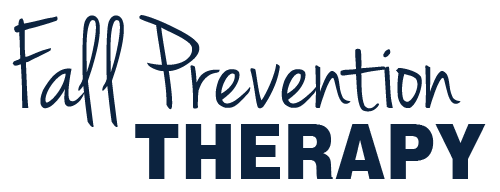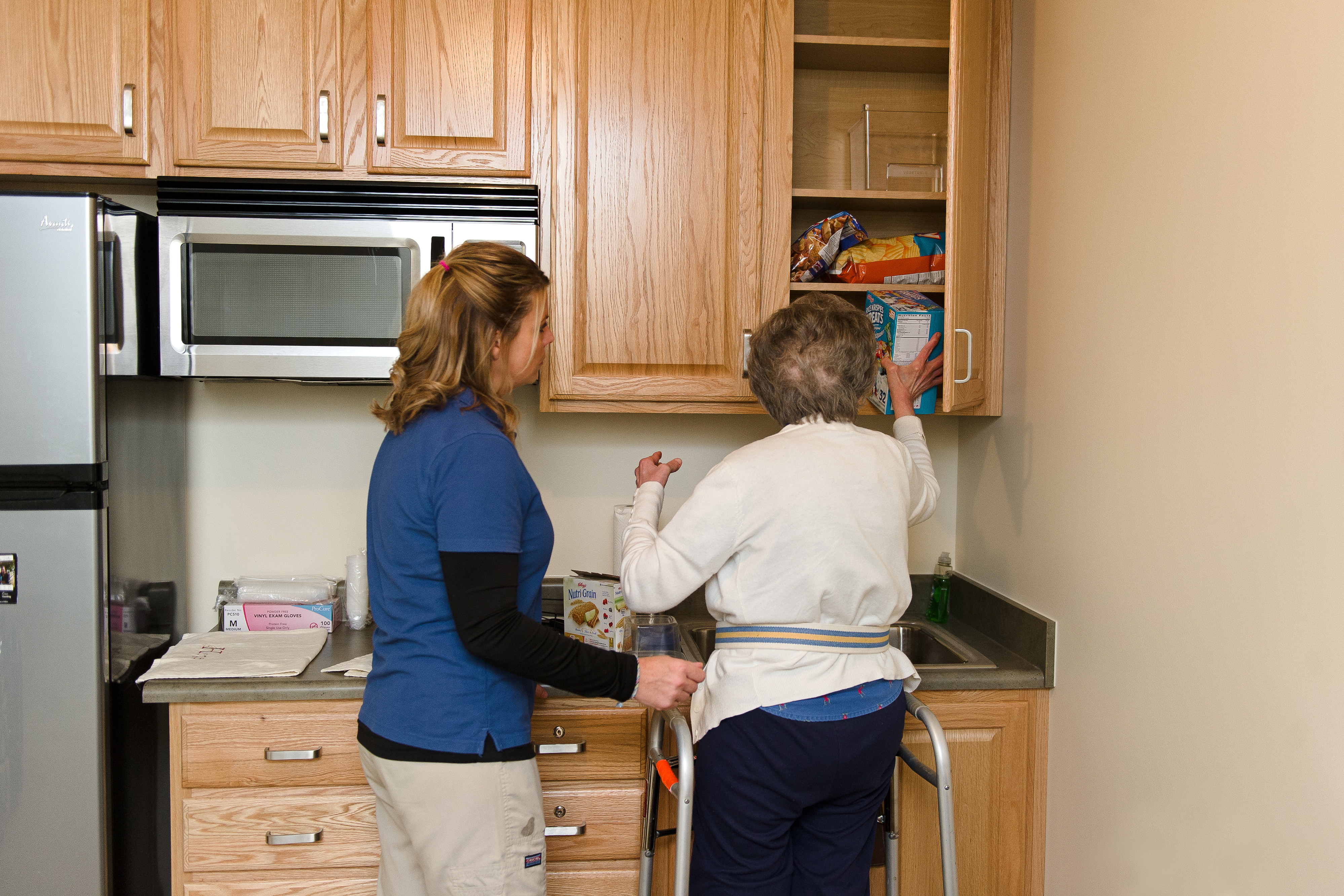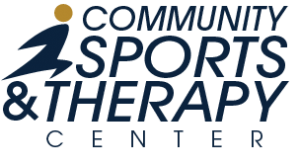

Did you know?
-
-
Falls are the main reason why many older adults lose their independence.
-
1 in 5 falls causes a serious injury such as a broken bone or head injury.
-
Hip fractures are the most common injury caused by falls.
-
Every year hip fractures alone result in over 300,000 hospitalizations.
-
Know the facts:
%
of older adults make a full recovery.
%
of older adults never return home.
%
of older adults die within a year of falling.
People who fall once are more likely to fall again.
Falling is NOT a normal part of aging. There are steps you can take to reduce your risk. Community Sports & Therapy Center is here to make sure your family members are able to live a healthy, active life. A lot of individuals are fearful to tell a loved on they have fallen. Many people who fall, even if they are not injured, develop a fear of falling. This fear may cause them to limit their activities leading to reduced mobility and loss of strength which in turn increases their actual risk of falling. Monitor your loved ones for signs of being a fall risk.
Check Your Risk for Falling:
I have fallen in the past year.
People who have fallen once are likely to fall again. It is important to be proactive to prevent future falls and a potential injury from occurring.
Sometimes I feel unsteady when I am walking.
Unsteadiness or needing support, such as holding onto furniture, while walking are signs of poor balance. Therapy can focus on balance activities to help improve your risk for falling.
I am worried about falling.
People who are worried about falling are more likely to fall. The fear of falling becomes more common as people age, even among those who haven’t fallen. It may lead older people to avoid activities such as walking, shopping, or taking part in social activities.
I need to push up with my hands to stand up from a chair.
This is a sign of weak leg muscles, a major reason for falling. Physical therapy can focus on strengthening your leg muscles with exercises that are safe for you to complete.
If you answered YES to any of these questions, you may be at risk of falling.
1 in 4 older adults reported falling — this equals to about 36 million falls a year.
Unfortunately, many older adults are afraid to tell others they have fallen. In fact, less than half of older adults who fall talk to their physician about it. Initiate a conversation with your loved one and their healthcare provider about fall risk and prevention. Encourage them to take action to reduce their fall risk.
Signs a loved one might be a risk for falling:
• Not walking as fast as they used to
• Lightly using furniture when walking
• Toe catches on transition pieces
• Trouble getting up from couch
• Walks sideways down the steps
• Change in vision/poor eyesight
• Change in hearing
• Shuffling feet
• A fall in the past year
• Muscle weakness
• Recent changes in medications
• Recovering from a recent illness or not as active as in the past
• Orthostatic Blood Pressure (occurs when BP drops when changing positions quickly)
If you suspect you or your loved one is at risk of a fall, what next steps should you be taking?
Talk to your family doctor about your concerns, look for fall prevention improvements to your home for improved safety. Consider therapy for increased strength and endurance to decrease your fall risk.
We offer FREE 15 minute screens for you to come in and discuss your concerns with a brief assessment of what we can do for you. You do not need a physician referral for the FREE screen, but you will likely need one for any follow up therapy to be covered by your insurance. We can discuss potential impairments such as balance, weakness, gait disturbances, etc., that we can improve to help you prevent falls and get you back to living the lifestyle you want.
Call us today at 419-678-OHIO to allow us to help you decrease your risk of falling!
Everyone was so understanding and kind. They helped me overcome my fear of falling, which was really important to me. I’m very happy with the results.
Staff has been kind, professional and competent! Physical therapy has stopped my deterioration after a fall and gave me more strength and confidence in daily activities and less use of gait assistant devices.

What is a home assessment and why should one be done?
Community Sports and Therapy Center is now offering home assessments to help you navigate through these challenges and help keep you or your loved one safely at home. During a home assessment, the occupational therapist or physical therapist will meet with you and your family. They will assess your ability to function throughout your home. The set-up of each room will be evaluated for trip hazards and optimal efficiency. Recommendations will be made to increase a person’s function and safety. Some of these recommendations include use of equipment, grab bar placement, elimination of trip hazards, arrangement of furniture, etc.
The therapist can assist in making recommendations for progressing diseases such as low vision or dementia. The therapist will work with family on providing solutions that will allow the person to remain in their home. A home safety assessment is an important tool for verifying the safety of patients and their home environment, identifying and correcting deficiencies, and minimizing and preventing losses.

